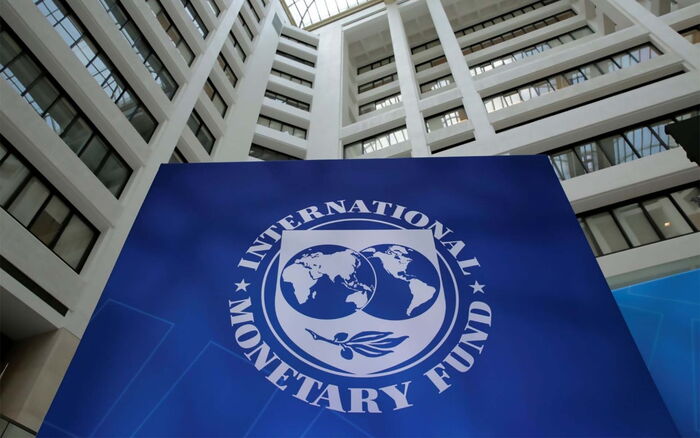A coalition of Kenyan civil society organisations has accused President William Ruto’s administration of deepening poverty and widening inequality through fiscal mismanagement and excessive borrowing. The allegations were contained in a written briefing presented to International Monetary Fund (IMF) Managing Director Kristalina Georgieva during the IMF and World Bank annual meetings in Washington, D.C.
The organisations, operating under the umbrella group Okoa Uchumi Swahili for “Rescue the Economy” warned that Kenya’s growing debt burden and rising cost of living were the results of governance decay and economic mismanagement. “Kenya’s fiscal misgovernance has matured into a multi-dimensional risk system, where macroeconomic fragility, governance decay and social instability reinforce each other,” the groups said in their statement.
President Ruto’s government has been negotiating a new financial programme with the IMF, touting its efforts to prevent an economic default. However, citizens have voiced concerns over escalating taxes, declining household incomes, and the government’s failure to control borrowing. Over the past three years, the administration has introduced new levies, including a housing tax and mandatory contributions to a revamped national health insurance scheme.
According to Okoa Uchumi, these fiscal measures reflect “fiscal capture,” where “borrowing and spending decisions are used to sustain political patronage networks rather than advance development priorities.” The group urged the IMF and the World Bank to demand stronger governance reforms in Kenya as part of their support programmes, arguing that focusing solely on economic targets overlooks deeper institutional issues.
Kenya’s Ministry of Finance officials, led by Principal Secretary Chris Kiptoo, attended the Washington meetings but declined to comment on the briefing, saying they had not reviewed the document.
The IMF, which conducted a “governance diagnostic” assessment in Kenya earlier this year, has said it plans to share its findings with the government before the end of 2025. The outcome could play a significant role in shaping Kenya’s fiscal policies and its future relationship with international lenders.

